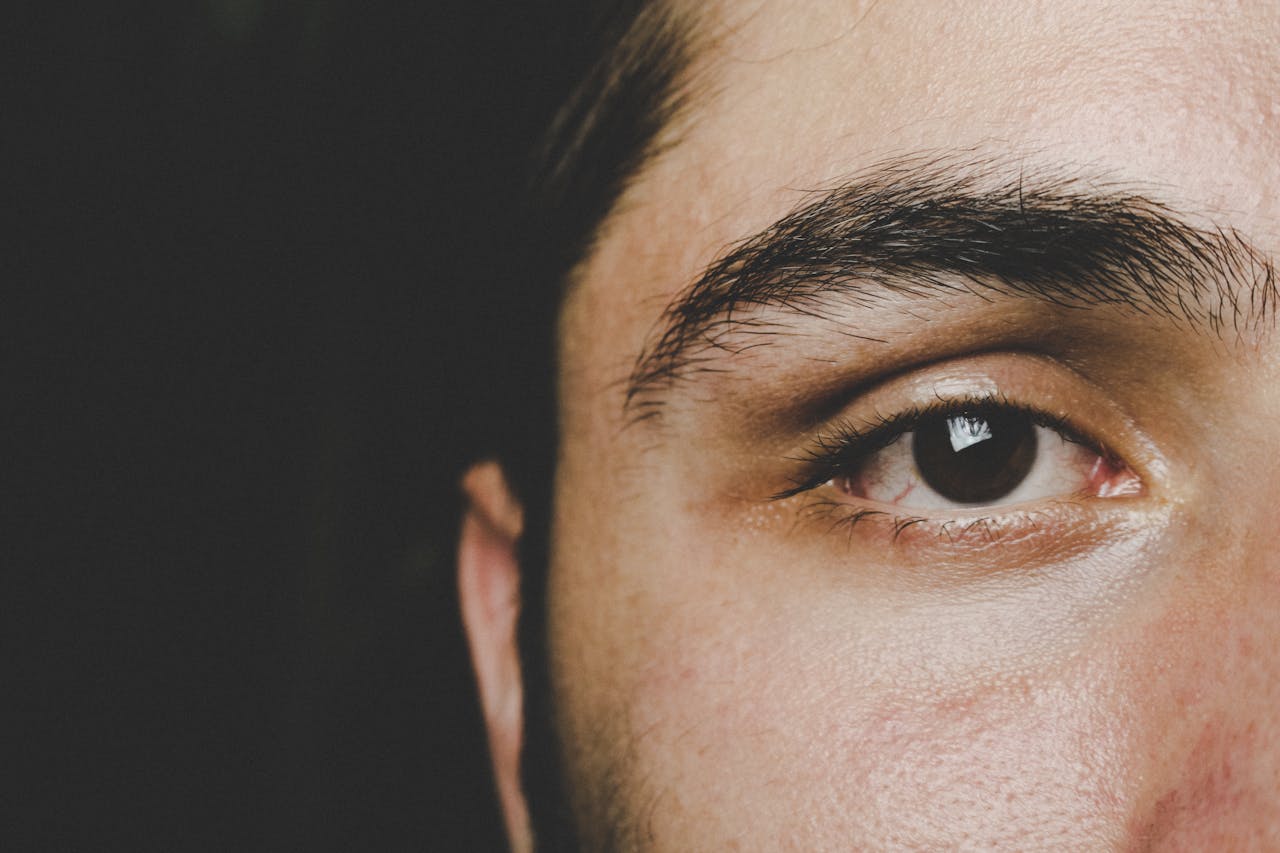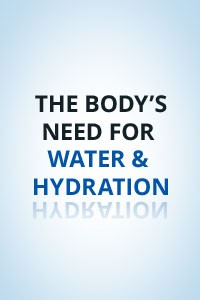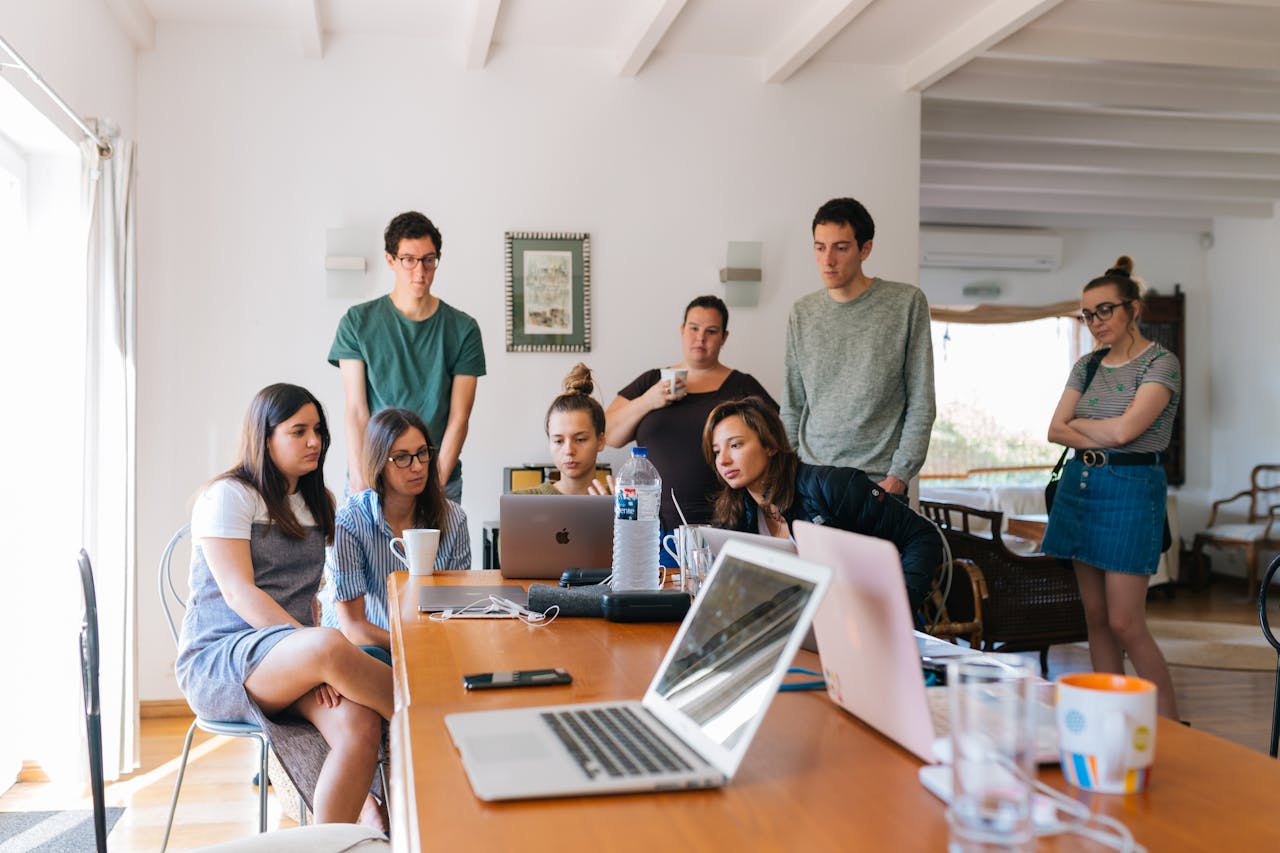Many beliefs about eyesight have been passed down through generations, often without any basis in scientific fact. Just like the old wives' tale about sleeping with wet hair causing blindness (likely invented by parents wanting to avoid soggy pillows!), numerous myths surround eye health. This article aims to debunk some of these common misconceptions, providing accurate information and practical advice for maintaining healthy vision throughout life. From the supposed power of carrots to the effects of screen time, we'll separate fact from fiction and empower you to make informed decisions about your eye care.
The Carrot Myth and the Importance of Balanced Nutrition
One of the most enduring eye health myths is that eating carrots will magically improve vision and eliminate the need for glasses. While it's true that vitamin A is essential for eye health, particularly for night vision, this doesn't mean you need to consume excessive amounts of carrots. Most people who maintain a balanced diet already obtain sufficient vitamin A from various food sources.1 This myth may stem from the fact that vitamin A deficiency can lead to night blindness, a condition where it becomes difficult to see in low light. If you suspect a vitamin A deficiency due to dietary restrictions, it's advisable to consult with a healthcare professional or registered dietitian before taking supplements. Focusing on a variety of nutrient-rich foods, including fruits, vegetables, and lean proteins, is a more effective approach to supporting overall eye health.
Reading in Dim Light and Eye Strain
Another common myth is that reading in dim light or candlelight will permanently damage your eyesight. While reading in low light can certainly cause eye strain and fatigue, it does not lead to long-term vision impairment. The eye muscles work harder to focus in dim light, which can result in temporary discomfort, but this is not a cause for serious concern.2 For individuals over 40, age-related changes in the eye can make focusing more challenging, especially in low light. In these cases, eye supplements containing nutrients like vitamin A, lutein, lycopene, and zeaxanthin may help support overall eye health and protect against age-related macular degeneration (AMD). However, these supplements are not a substitute for proper lighting and regular eye exams.
Screen Time, Crossed Eyes, and Other Misconceptions
The myth that sitting too close to the television will ruin your eyes has been around since the advent of television. While early television sets emitted higher levels of radiation, this is no longer the case with modern screens. The American Academy of Ophthalmology (AAO) confirms that sitting close to the TV does not cause permanent eye damage. Children, in particular, have a greater ability to focus on objects at various distances.3 Similarly, the myth that crossing your eyes can make you permanently cross-eyed is completely unfounded. While intentionally crossing your eyes can cause temporary eye strain, it does not lead to any lasting effects.
The belief that children don't need sunglasses is also a misconception. Children's eyes are actually more vulnerable to UV radiation than adult eyes because their lenses are clearer, allowing more UV rays to reach the retina. Protecting children's eyes with sunglasses that block 100% of UVA and UVB rays is crucial for long-term eye health.4 The idea that eye exercises can eliminate the need for corrective lenses, popularized by the Bates method in the early 1900s, has no scientific backing. While eye exercises can help with certain eye conditions, they cannot correct refractive errors like nearsightedness, farsightedness, or astigmatism.
Maintaining good eye health involves a combination of healthy lifestyle choices, regular eye exams, and appropriate nutrition. As we age, our eyes may require additional support from specific nutrients. Nutritional eye supplements containing vitamins C and E, zinc, copper, selenium, vitamin B2, N-acetyl cysteine, lutein, lycopene, and zeaxanthin can help protect against age-related eye conditions like AMD.5 These nutrients act as antioxidants, protecting the eyes from damage caused by free radicals and environmental factors. It's important to dispel the myth that nothing can be done to prevent age-related eye problems. While some age-related changes are inevitable, a proactive approach to eye health, including proper nutrition and regular eye exams, can significantly contribute to maintaining good vision throughout your senior years.
1 Sommer, A. (2008). Vitamin A deficiency and clinical disease: an historical overview. *The Journal of nutrition*, *138*(10), 1835-1839.
2 Sheedy, J. E. (1992). Reading and VDTs. *Optometry and Vision Science*, *69*(10), 762-766.
3 American Academy of Ophthalmology. (n.d.). *Eye health for kids*. Retrieved from AAO website.
4 World Health Organization. (2016). *Ultraviolet radiation and health*. WHO.
5 Age-Related Eye Disease Study 2 Research Group. (2013). Lutein + zeaxanthin and omega-3 fatty acids for age-related macular degeneration: the Age-Related Eye Disease Study 2 (AREDS2) randomized clinical trial. *JAMA*, *309*(19), 2005-2015.













